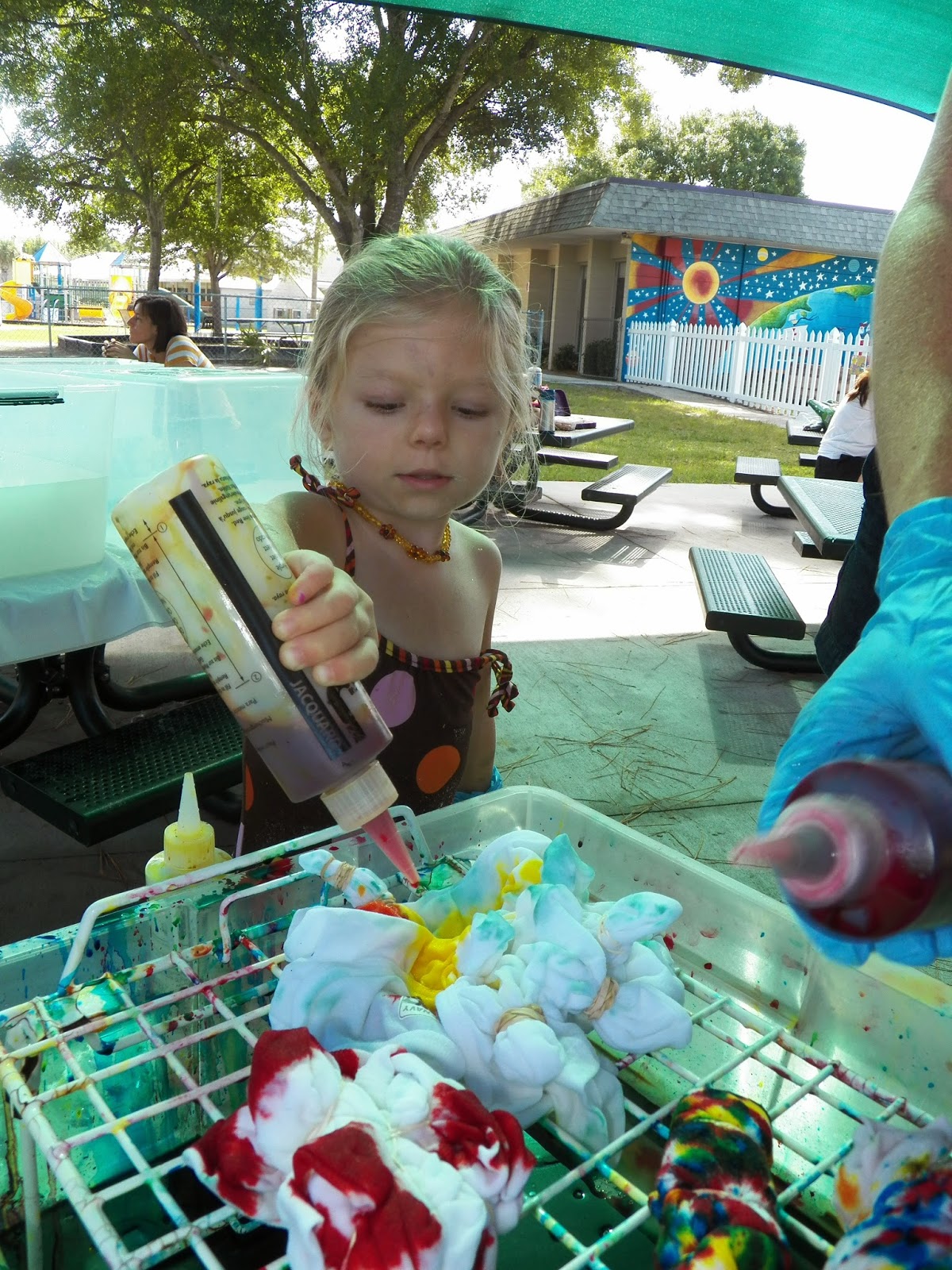“When you teach a child something you take
away forever his chance of discovering it for
himself.” Jean Piaget
That was no problem for me, I always knew I wanted to teach the younger ones.
Looking back, I can now understand that Early Childhood is a completely unique time in a child's life where they learn very VERY differently than when they are older.
The unfortunate truth is that most of our own memories as children do not begin until around 8 years old, some of us younger, some of us older. But, the bulk of our school experiences are of when we sat in desks and the teachers basically told us what we needed to absorb.
But...Play is how young children learn. (although, I would venture to say that older children and even adults also learn best this way.)
Guys, I'm not just spouting my opinion here.
It's been researched time and time again and ALL the experts agree that young children and Direct Instruction do NOT go hand in hand.
The battle that most early childhood educators fight is that many adults don't understand what Play is? What does it look like? Most adults have long forgotten the elements of play.
So, here it is folks...
Play is an activity done WITHOUT purpose.
Play is done for Play's sake.
Play is pleasurable to the players.
Play takes TIME. And time seems to be limited in our children's lives these days.
When a child's day is filled with structured, planned activities or...they are watching TV or video games...Play is diminished and sometimes doesn't happen at all.
And, even the most dedicated parents sometimes make the mistake of becoming the Entertainment for their children...creating children who cannot play on their own.
I don't think it's ever too late for a child to learn to play.
At Wonder Studio, I have 8/9 year olds who LOVE coming.
I have noticed that their parents have a special attitude towards learning and playing.
The parents themselves have a "playful" attitude towards the experiences. Most often, they are also curious about what Flubber feels like...
But, while it's clearly visible that they are curious, they don't take over the experience. They don't make their children dependent on them to have fun. They are able to take a step back, once their child is engaged, and let the child take the lead.
Scaffolding is what this is called in the educating world.
You provide just enough support for the child to become independent and once he/she is, the scaffolding (or support) is removed.
And, that is what I loved about last Saturday's class. I had parents who were genuinely Joyful in learning about their and with their child. They wondered which experiences their child would be interested in.
The children can feel this sense of excitement.
And, then Wonder Studio becomes the place we've always wanted to be at with our children.






























































No comments:
Post a Comment